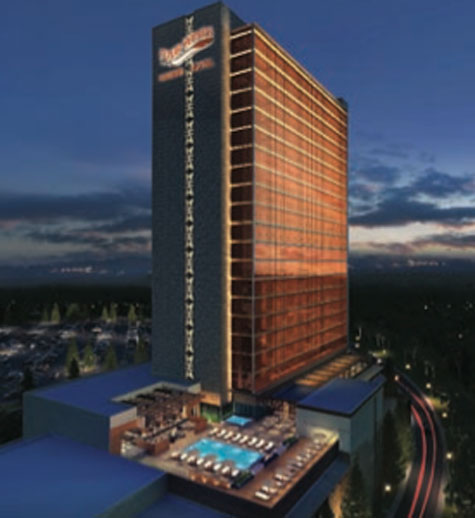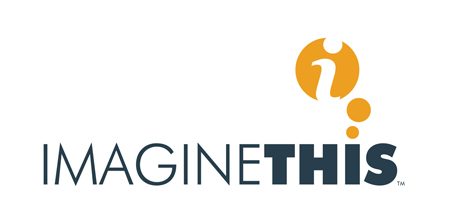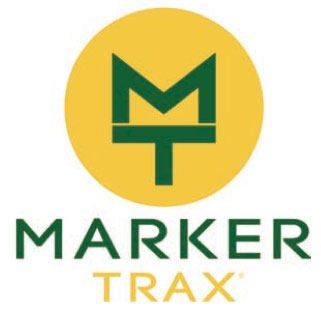
Eclipse Gaming creates entertaining gaming experiences that connect with the player. With a focus on the tribal gaming market, as well as select commercial markets, Eclipse Gaming develops engaging slot games and innovative solutions that engage the audience and deliver measurable results.
The company offers a growing library of video slot games, along with its IMPACT family of slot cabinets, including the IMPACT 49 premium portrait cabinet, IMPACT 43 portrait platform and IMPACT 27 dual-screen cabinet.
 Based in Duluth, Georgia, a metro Atlanta suburb, the company has a 40,000-square-foot campus and manufacturing center. With employees across the United States, the company has doubled its employee base over the past several years and actively recruits STEAM professionals to help propel Eclipse’s growth.
Based in Duluth, Georgia, a metro Atlanta suburb, the company has a 40,000-square-foot campus and manufacturing center. With employees across the United States, the company has doubled its employee base over the past several years and actively recruits STEAM professionals to help propel Eclipse’s growth.
Eclipse’s No. 1 mission is to generate powerful results that benefit its partners and directly impact the needs and objectives of the communities where it does business and has customers—with an overriding focus on “Going Beyond the Game.”
Eclipse will showcase 16 slot titles at IGA 2023, including its new Bandits Bounty games, Outlaws and Bandidos, plus a new Asian theme, Dragons Court Deluxe. Two new Arcade Series titles — Big Shake Carnival and Big Shake Neon — offer a unique perceived skill feature called the Rapid Fire Bonus, along with a multi-level progressive, bonus wheel and second-chance re-spins.
For more information, visit Booth 2020 and eclipsegamingsystems.com.















